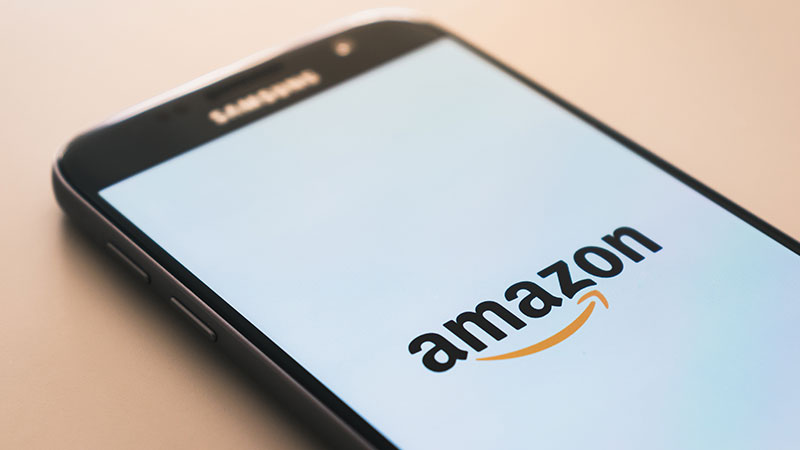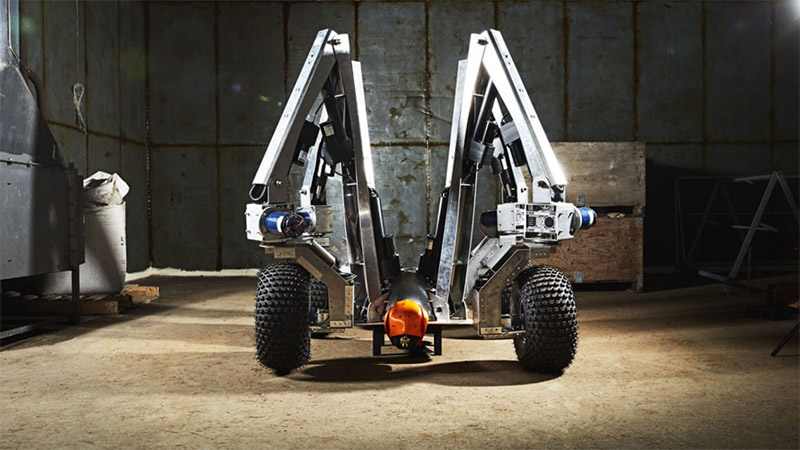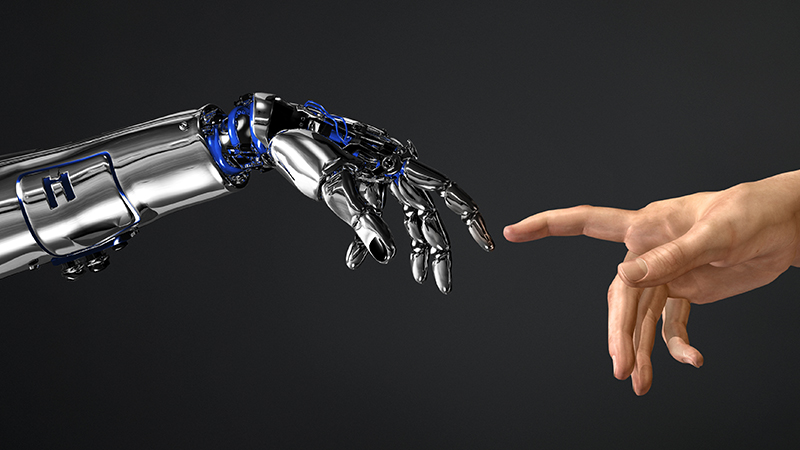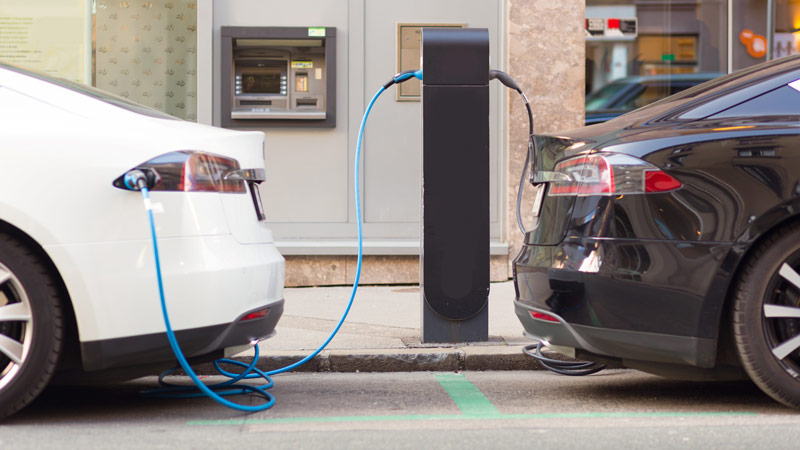The next revolution in e-commerce has begun
Not only has Amazon set new standards in logistical efficiency, they seem to have solved the “last mile” problem.
Amazon has revolutionized the way we shop: with a few clicks, we have access to millions of products from all over the world.
I was recently on a roadshow with a colleague who likes chocolate from a particular brand, which he can only find in Japan. Traditionally, he would have had only two options to get the chocolate: either have a friend in Japan send it to him or bring vast quantities back, should he be lucky enough to go on a business trip to Tokyo. This leads to an interesting observation: while fostering globalization, which many hold responsible for the destruction of local brands, a global retailer such as Amazon paradoxically helps local brands to survive by making them accessible to a wider consumer base.
The problem with the “last mile”
While Amazon has created new frontiers in logistical efficiency, there is one barrier that seemingly cannot be surpassed: the last mile to the consumer.
We have all had a delivery person call us on our mobile because we are not at home to collect a parcel. Ultimately, we are often forced to collect the parcel from a delivery point, which somehow defeats the purpose of e-commerce.
Or we get a timeframe when a parcel will be delivered and have to stay at home to collect it. This is especially annoying when the sun is shining and we’d rather be outdoors.
Yet the “last mile” problem seems to finally have been solved and, as is the case in so many other sectors, it involves technology!
Breaking new ground
The idea is simple: a smart door system scans and identifies official delivery persons when they are at the door. If their credentials are valid, the delivery person is granted access. Inside the home, a camera begins recording the moves of the delivery person (i.e. dropping the parcel off in the hallway) and the smart door system locks the door once the delivery person is gone. This is all done automatically and has just been launched in the US.
Another option is to connect the smart door system to your smartphone and remotely decide whether to grant access yourself once you feel comfortable that the person is legitimate. This could also be applied in other ways (i.e. access for dog walkers, gardeners, electricians, etc.).
Amazon is even going one step further: last week the company announced a partnership with GM and Volvo to deliver items directly to the trunk of your car. Here, again, a smart lock gives an accredited delivery person access to your car trunk, which they find using your car’s GPS system.

Delivery directly to the car trunk: Amazon is trying out this new delivery type in 37 US cities. Image source: Unsplashed (Christian Wiediger)
Imagine driving to work and bring back your groceries in the evening without having gone shopping. Is this science fiction? No, the experiment will now be conducted in 37 US cities.
These developments are very significant. By solving the last mile problem, e-commerce can be made accessible to millions of additional consumers, thus accelerating the secular trend from traditional retail to e-commerce!
Ask a child what a typewriter is, and they probably won’t know since typewriters have died out. The next generation might well only find out about traditional grocery shopping by reading history books!
The CIO weekly thoughts focus and reflect on key topics, which caught Lars Kalbreier's mind during the week. It is more a free expression of thoughts to trigger healthy debates amongst the readership and by no means intended to be a strategy review.









